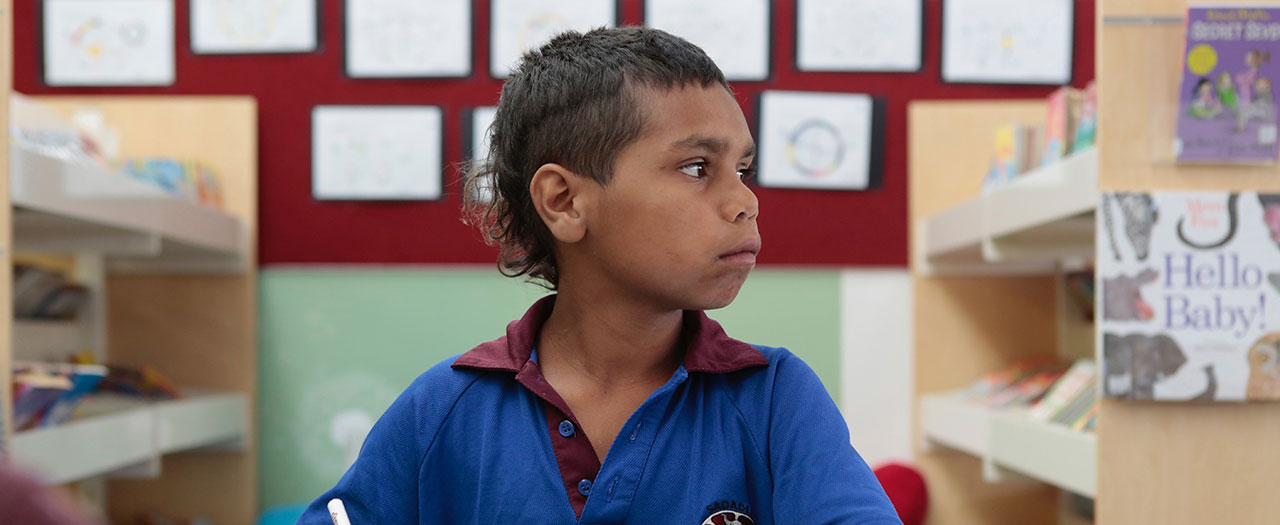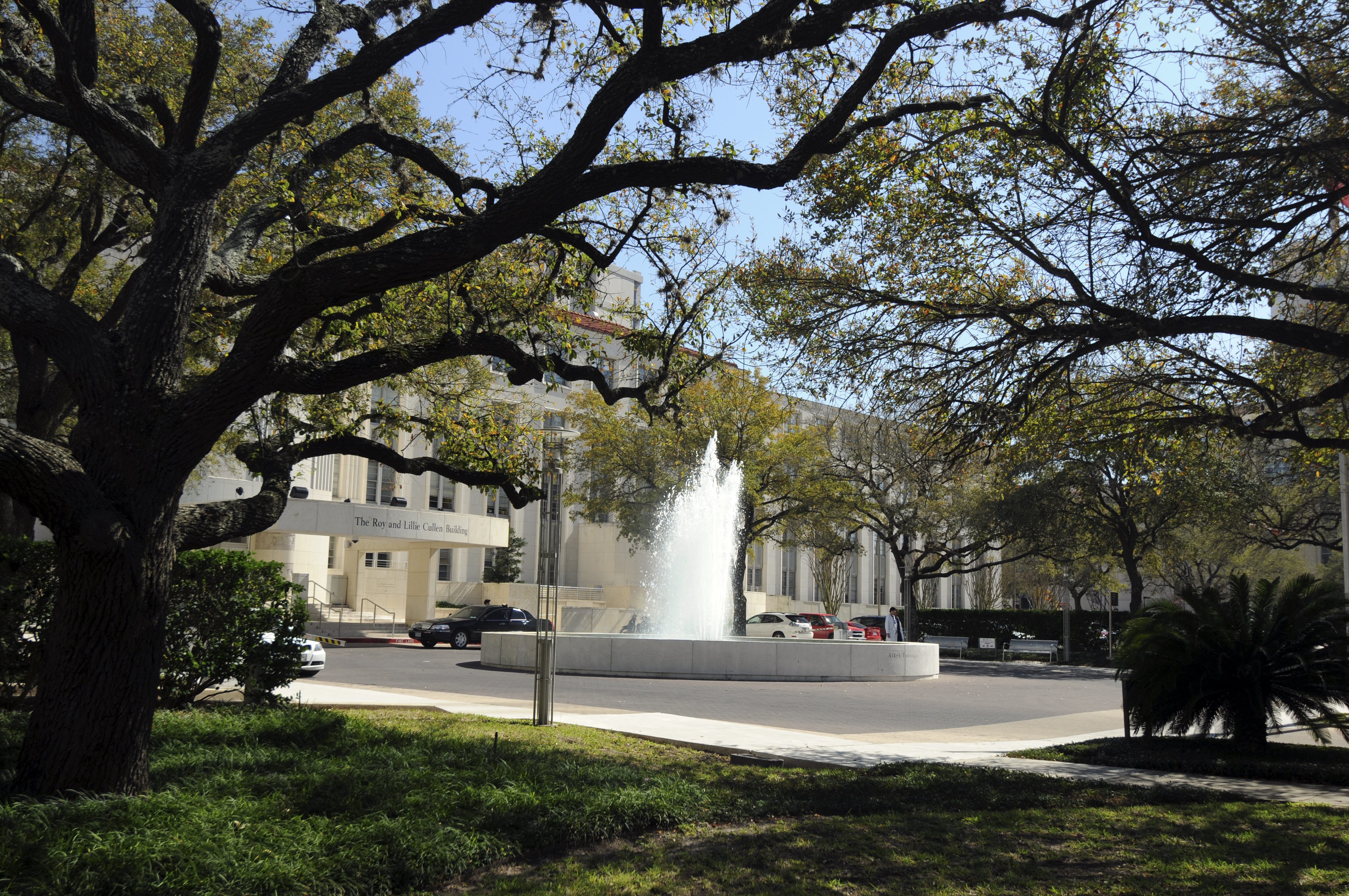
A coalition of organisations has today launched a new campaign to #LearnOurTruth and together build stronger communities grounded in a clearer understanding of our shared past.
“We’re concerned that the full impact of colonisation is not covered in many classrooms around the country, and we need to dig deeper to find the answers,” said World Vision NSW Young Mob Project Manager Sophia Romano.
“We are calling on Aboriginal and Torres Strait Islander young people to share their experience of learning history through the #LearnOurTruth survey that will be the foundation of a campaign to change this and bring communities together.”
“We want schools to become more culturally safe for Aboriginal and Torres Strait Islander students and that begins with a greater shared understanding of our nation’s history. Teachers need more support.”
“We want to raise awareness of the lack of First Nations perspectives and content in the national curriculum and understand if successive national, state and territory reviews have made a difference to students,” said Ms Romano.
“A key objective of the Learn Our Truth coalition is to see Aboriginal and Torres Strait Islanders have more say in their education, but if we are to have a community-led approach to education overall, then that starts with building shared understanding of the history of First Nations communities,” said Ms Romano.
The #LearnOurTruth campaign and survey was created by the National Indigenous Youth Education Coalition (NIYEC) in collaboration with In My Blood It Runs documentary, BE. Collective Culture, and Young Mob – a part of the Australia First Nations Program at World Vision. It was designed to ensure the cultural safety, and emotional and mental wellbeing of First Nations respondents.
World Vision works in partnership with urban and remote Aboriginal communities across NSW, Victoria, Kimberley, Pilbara and Central Australia regions to support place-based, community-led early childhood initiatives, and is concerned that Aboriginal communities don’t have control over the education of their own children.
“Aboriginal and Torres Strait Islander children are 2.5 times more likely to be developmentally vulnerable at the age of five when they start school which creates barriers to quality early learning opportunities,” WVA Australia First Nations Program advocate and advisor Paul Newman said.
Article 14 of the UN Declaration on the Rights of Indigenous Peoples says: “Indigenous peoples have the right to establish and control their educational systems and institutions providing education in their own languages, in a manner appropriate to their cultural methods of teaching and learning”.
Mr Newman said that it was imperative to have community-led early learning opportunities from an early age that integrate both-ways learning, meaning education and play are conducted in both the traditional language and English and also include the involvement of Elders guiding learning about culture and country.
“Quality community-led education is imperative, in the early years before starting school, but also as children reach primary and secondary school age,” Mr Newman concluded.







